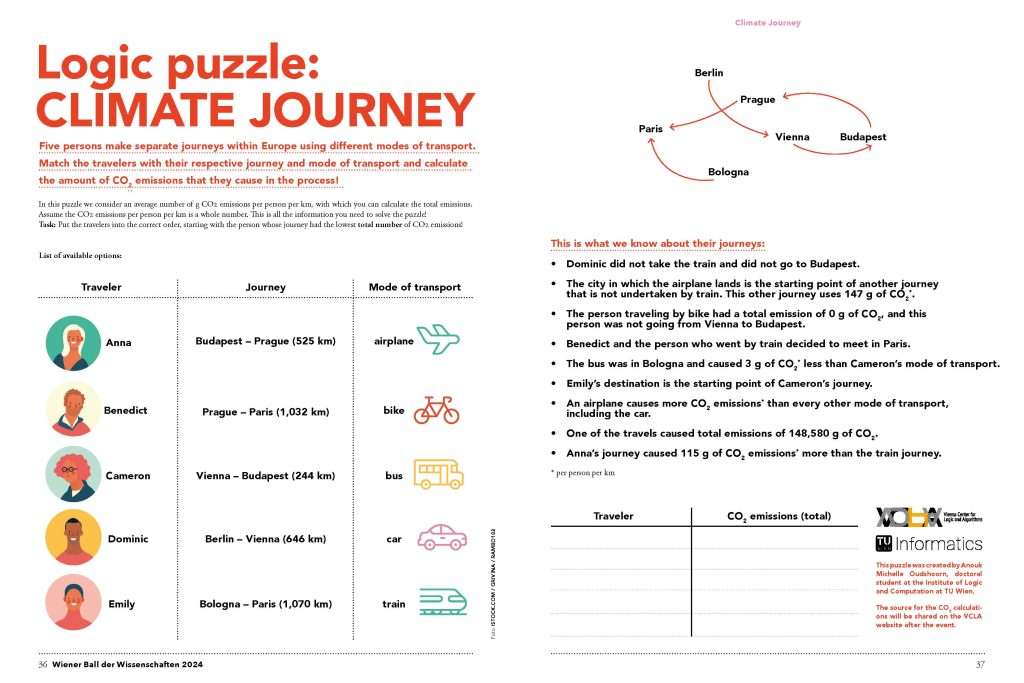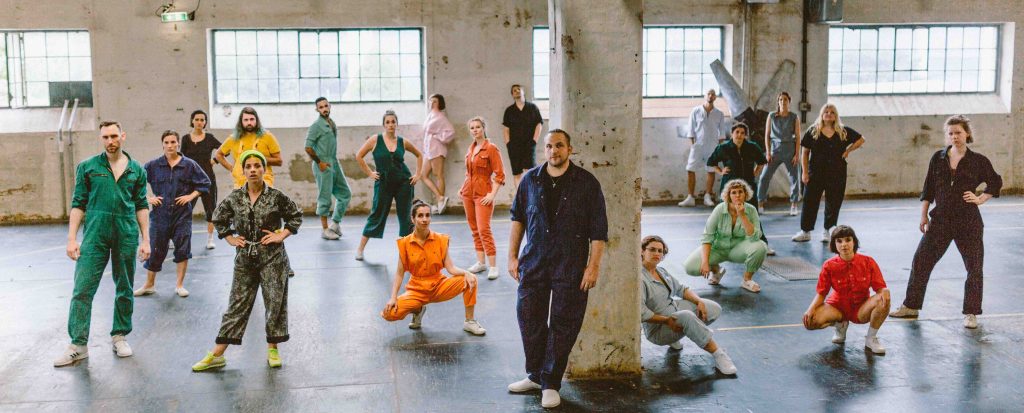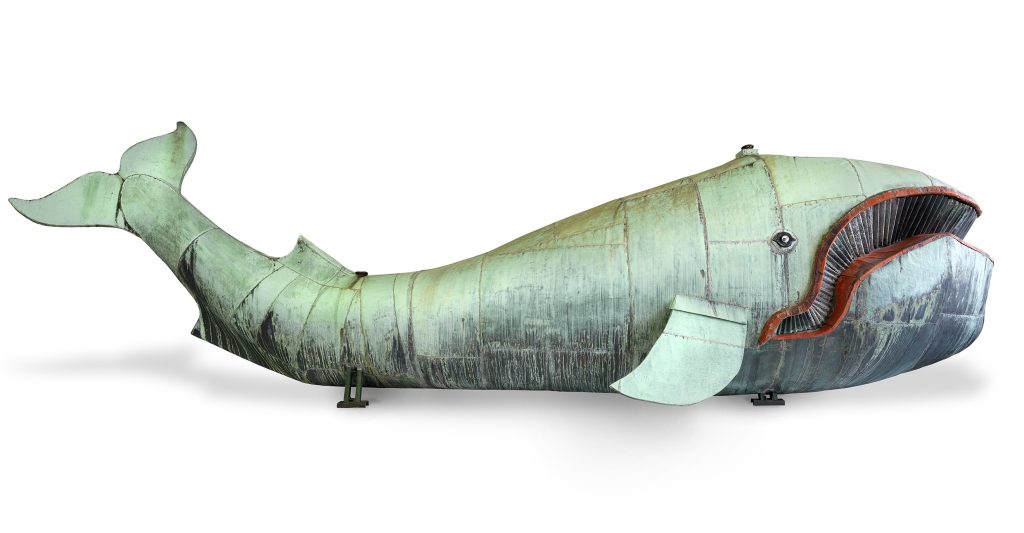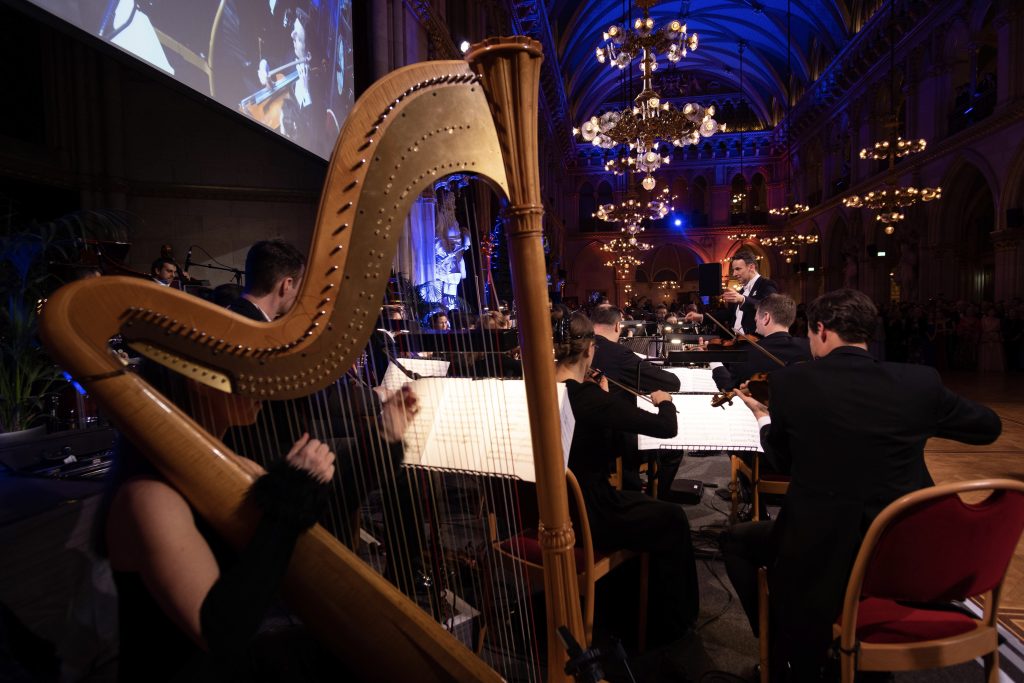And here they are, the highlights of the Science Ball 2024 as a video! Are you noticing an acute bout of FOMO? Then register now for #SciBall25 on January 25th, 2025 at ball@wissensball.at with the keyword “Tix Info”
Category Archives: General
The ball images 2024
The best pictures from the grand ball room and the other festive halls in the town hall from our photographers Peter Mayr, Roland Ferrigato and Franz Reiterer (© Sciball). When uploading your own pictures to social media do use #SciBall24
Red Carpet 2024
The guests of honor are greeted on th red carpet. Here is a selection:
Fotos. R. Ferrigato / ©SciBall
Magazine 2024 is online!
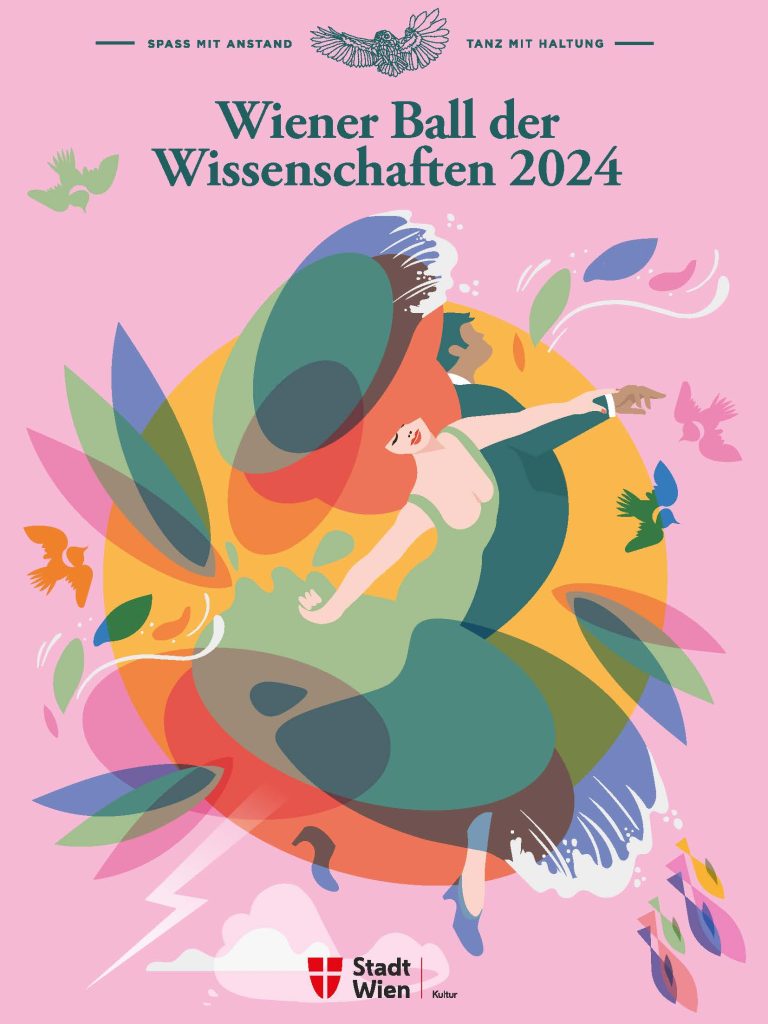 The highlights and background, the details and the big perspective: they are summarized at a glance in the 2024 ball magazine. The main author is Chiara Joos, who comes from Stuttgart and is currently completing her studies in German philology and journalism and communication sciences in Vienna. We will read a lot more from her.
The highlights and background, the details and the big perspective: they are summarized at a glance in the 2024 ball magazine. The main author is Chiara Joos, who comes from Stuttgart and is currently completing her studies in German philology and journalism and communication sciences in Vienna. We will read a lot more from her.
Logic quiz: who saves how much CO2?
The ‘Schmusechor’: A choir that speaks up
The ‘Schmusechor’ (engl. Cuddle Choir) captivates not only with interpretations of Aretha Franklin and David Bowie. The queer-feminist singing ensemble also doesn’t shy away from being politically outspoken.
A visit to the rehearsal by Chiara Joos
With powerful steps, Verena Giesinger stomps on the floor, thrusts her arms forward, and exclaims, „You have to pronounce it really wildly!“. A choir of tightly packed alto, bass, mezzo-soprano, soprano and tenor voices responds to their conductor Giesinger with a loud, drawn-out „Juuuust“. In a small room at Brut Wien, a production and performance venue for the performing arts, Giesinger rehearses the New Year’s concert with the ensemble, the Schmusechor. These rehearsals mark only the beginning of upcoming performances and an impending theatre production. The weeks leading up to the Science Ball leave no gaps in the calendar. Giesinger and the voices of the ensemble are not only locally popular in Vienna but have already established a resounding reputation beyond the borders of Austria. Continue reading The ‘Schmusechor’: A choir that speaks up
The CO₂ Cube
The dice has dropped
How big is a ton of CO2? And what does this ton stand for? A joint project by Wiener Stadtwerke and the Vienna Ball of Sciences illustrates the volume of such an amount of carbon dioxide – and the dimension of the challenge of making Vienna a CO2-neutral metropolis by 2040.
![]() It all started with a simple question: How big is a ton of CO2? The role of CO2 in global warming is now widely recognized. Although CO2 makes up a small proportion of the air, only around 0.038 percent. However, in its function as a greenhouse gas, it plays a crucial role in our climate: CO2 absorbs part of the heat given off by the Earth into space and radiates it back to the Earth. Continue reading The CO₂ Cube
It all started with a simple question: How big is a ton of CO2? The role of CO2 in global warming is now widely recognized. Although CO2 makes up a small proportion of the air, only around 0.038 percent. However, in its function as a greenhouse gas, it plays a crucial role in our climate: CO2 absorbs part of the heat given off by the Earth into space and radiates it back to the Earth. Continue reading The CO₂ Cube
Poldi, the fun park whale
The whale comes up for air at Karlsplatz
The newly designed Vienna Museum enables – free of charge – a fascinating journey through time through the history of the city. Praterwal Poldi plays a particularly important role, as the sculpture combines folk culture and science.
A tour by Chiara Joos
The seemingly endless expanses of our oceans are home to around 90 species of whales, divided into toothed whales such as dolphins and killer whales, as well as baleen whales such as the blue whale and the humpback whale. Each species harbors its own unique characteristics, behaviors and whale songs. From the cold Arctic waters to the warm tropical seas, they are widespread worldwide and represent species protection and the changes to our habitats caused by climate change. And then we have Poldi, the Praterwal. Continue reading Poldi, the fun park whale
The ball fanfare
Also this year, the fanfare for the Science Ball will be composed by students from the Music and Arts Private University Vienna (MUK).
Chiara Joos introduces the participants
 Louis Prades sets the tempo, rhythm, entrances, and pauses. Two years ago, the 24-year-old Student came from Spain to Vienna to pursue a Master’s in Conducting at MUK. Now, he practically oversees 13 musicians and a composition. He received the submitted scores just five days before the rehearsal – little time, a lot of stress. During the rehearsal, 20 minutes per composition are allocated to ensure that both Louis and the brass ensemble and drummers can grasp the feel of the piece.
Louis Prades sets the tempo, rhythm, entrances, and pauses. Two years ago, the 24-year-old Student came from Spain to Vienna to pursue a Master’s in Conducting at MUK. Now, he practically oversees 13 musicians and a composition. He received the submitted scores just five days before the rehearsal – little time, a lot of stress. During the rehearsal, 20 minutes per composition are allocated to ensure that both Louis and the brass ensemble and drummers can grasp the feel of the piece.
The ball overture
“The Silver Lake,” composed by Kurt Weill in 1933 amidst a crisis-ridden era of the Weimar Republic, is a three-part stage play that delves deep into the social and political unrest of the time—a world defined by injustice. The Silver Lake itself serves as a symbolic space for power and wealth, where desire and conflicts flare up between the oppressed and the powerful. The play impresses with its amalgamation of folk melodies and avant-garde elements. Continue reading The ball overture
